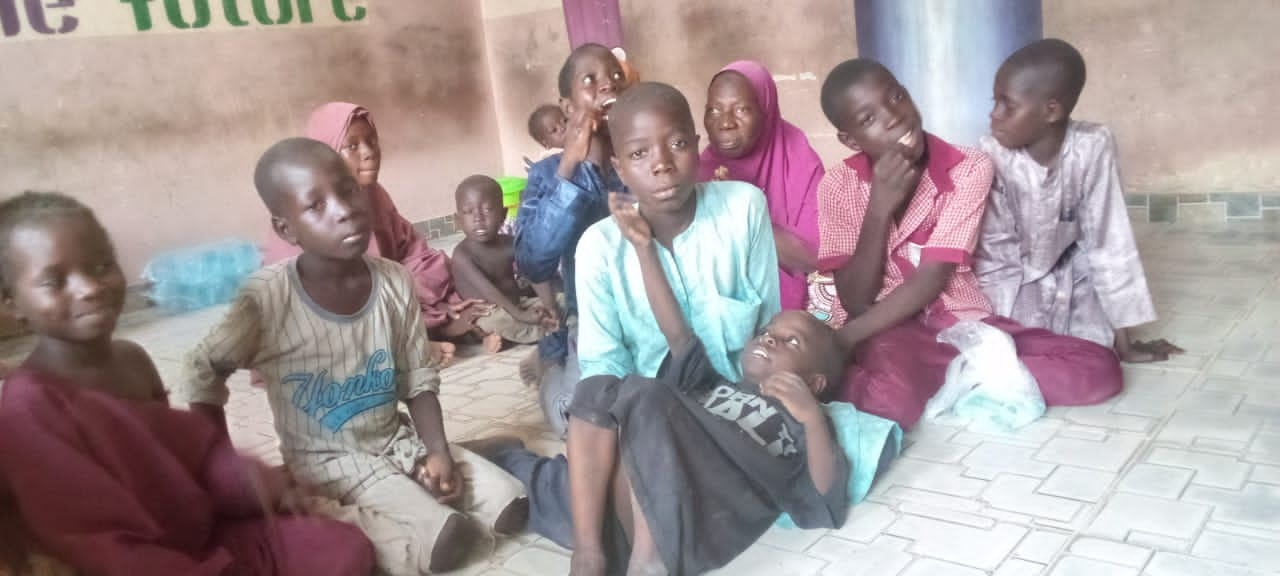BY: FAIZA JIBRIN, OCTOBER 25, 2024/ 01:49AM
Over 70 million children across high-risk countries in the Lake Chad and Sahel regions have been vaccinated against the polio virus in 2024, according to the World Health Organisation (WHO).
Despite this monumental effort, the virus continues to persist in these regions due to factors such as insecurity, limited healthcare access, and population movement.
WHO disclosed this during a press conference in Maiduguri, Borno State on Thursday held to commemorate World Polio Day.
Speaking at the event, the WHO Country Representative in Nigeria, Dr. Walter Mulombo, who was represented by Aisha Kadai emphasized the importance of reaching every child with the vaccine to fully eradicate the virus.
Mulombo noted that in Nigeria alone, there has been a 38% decrease in circulating variant polio virus Type 2 (cVPV2) cases between 2023 and 2024.
'In Nigeria, we have witnessed over 38 per cent decrease in circulating variant polio virus Type 2 cases between 2023 and 2024. This signifies the great efforts by government and partners to interrupt cVPV2 outbreak,' Mulombo said.
He urged for greater community commitment, stressing that the inability to vaccinate the remaining un-vaccinated or under-vaccinated children is the reason polio continues to thrive.
'I therefore want to add my voice to the call for greater community commitment to ensure that children get vaccinated,' Mulombo added.
The polio vaccination campaign, which targeted children in Nigeria, Burkina Faso, Cameroon, Chad, Mali, Niger Republic, and the Central African Republic, aims to halt the spread of the virus, particularly in conflict-affected areas.
Mulombo warned that as long as the virus exists anywhere, all countries remain at risk.
He also praised the collective efforts of volunteers, community workers, and traditional leaders who have played key roles in the fight against polio, while remembering those who lost their lives in the process.
'The work of the polio programme is now concentrated in some of the most complicated and fragile settings. Challenges to reaching all children with vaccines are serious, ranging from persistent violence, concealment, and refusals to climate emergencies.
'The transmission of polio in conflict-affected areas in Gaza, Sudan, and Yemen is a stark reminder that where conflict debilitates health and sanitation systems, polio will inevitably appear unless we eradicate all forms of the virus.
'That is why this year’s World Polio Day is perhaps an opportunity not just to celebrate progress: but indeed, to re-garner support and commitment at all levels to finish the job once and for all.
'The heroic achievements by the volunteers, community workers, religious and traditional leaders as well as those who perished in the course of duty in eradicating polio virus should continue to be acknowledged and recognised,' Mulombo explained.
This year’s World Polio Day calls for renewed efforts to ensure that all children, particularly in fragile and conflict-ridden areas, are vaccinated and protected from the disease.

